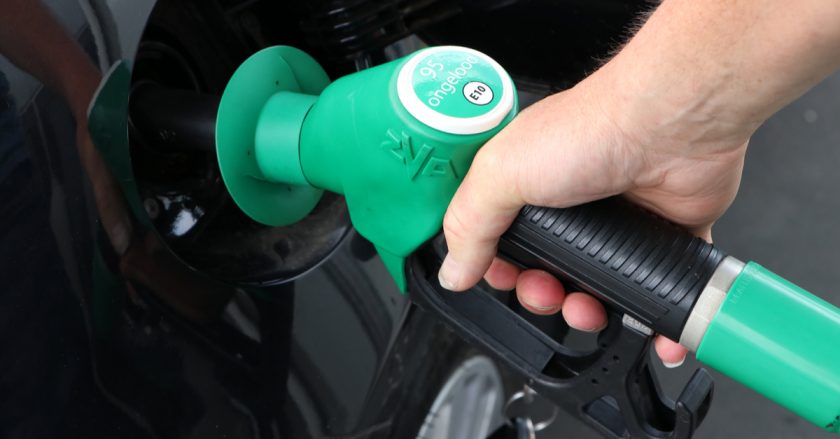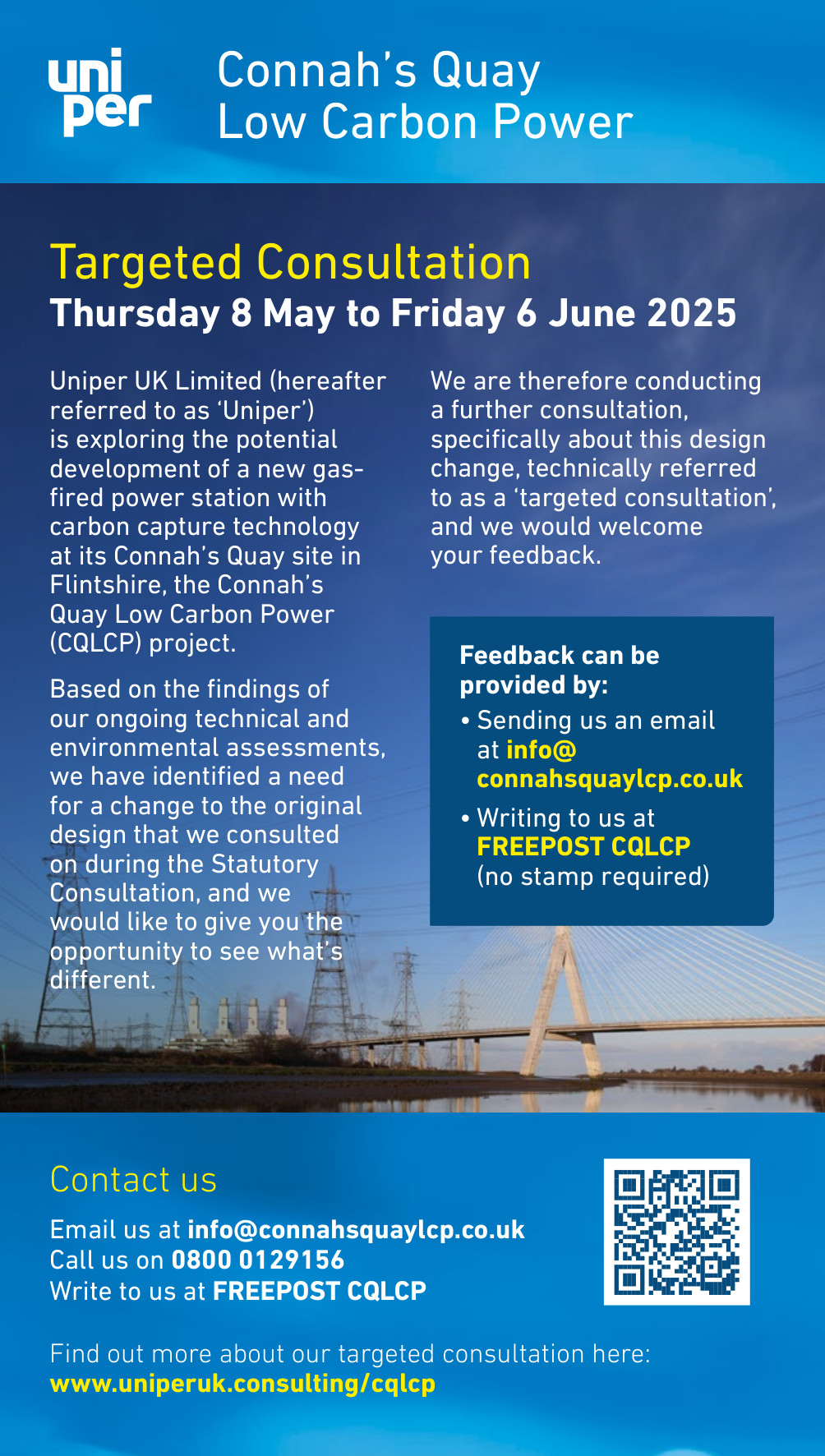UK fuel price surge: August records one of largest monthly hikes in 23 years, RAC

In what can only be described as a daunting blow to motorists, August witnessed one of the most significant monthly fuel price surges in the past 23 years.
RAC Fuel Watch data shows a jump of nearly 7p a litre for petrol, and an 8p rise for diesel, marking this as the fifth and sixth largest monthly increases in over two decades.
This surge meant that by the end of August, the average price for unleaded petrol stood at 152.25p, up from 145.57p at the month’s onset.
This translates to a near £4 hike per tank, escalating the price from £80 to £83.74.
Diesel experienced a similar trend, with costs rising from 146.36p to 154.37p per litre, adding an additional £4.41 for a full tank.
Historical data provides a stark comparison, with only a few instances surpassing these figures.
March, May, and June of 2022, post Russia’s invasion of Ukraine, and October 2021 saw higher increases for petrol.
Diesel’s previous higher monthly increases can be traced back to March, June, and October of last year, as well as October 2021 and May 2008, the latter closely preceding the record oil price of $144 a barrel.
A deeper look into the causative factors points towards the escalating oil prices, which have risen by nearly $12 since July, now standing at almost $87 a barrel.
The Organisation of the Petroleum Exporting Countries and allies (OPEC+) have played a pivotal role, having reduced their oil supply.
This diminished supply has bumped up the wholesale fuel cost, a burden inevitably transferred to the consumers at fuel stations.
Yet, the future trajectory remains uncertain, with variables such as the Chinese economic outlook and the close of the US summer driving season potentially curbing any further increases.
Simon Williams, RAC fuel spokesman, expressed his concern stating, “August was a big shock to drivers as they had grown used to seeing far lower prices than last summer’s record highs.”
He emphasised the challenges faced by those who are frequent drivers or those with older vehicles. However, Williams also pointed out that this increase might have been more severe if not for certain retailers maintaining their margins.
Fuel prices, while high, are still slightly cheaper in Northern Ireland, with petrol averaging at 149.5p and diesel at 151.6p. Yet, the difference has reduced by 2p in just a month.
For those seeking to navigate these tumultuous waters and find the best deals, the free myRAC app can be a valuable tool. It offers a Fuel Finder feature that could yield savings of up to 6p a litre. The app also provides insights into the UK’s average fuel prices, making it easier for users to draw comparisons with local stations.
For a more extensive overview, drivers can also turn to RAC Fuel Watch, which offers average fuel prices at major supermarkets and motorway services, along with historical pricing data from the year 2000 onwards.










